Othello: An Interview with Frantic Assembly’s Scott Graham
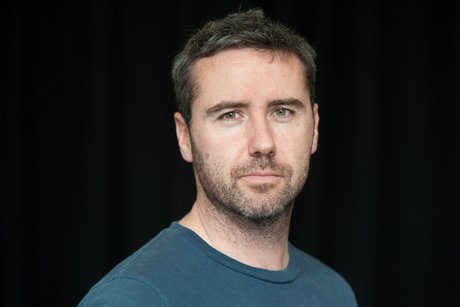
Scott Graham, co-founder and Artistic Director of Frantic Assembly, first brought his reimagining of Othello to the stage in 2008, later garnering a Best Direction award at TMA Theatre Awards. Seven years on, Othello is back. The Upcoming caught up with Scott to find out how Frantic Assembly breathed new life into Shakespeare’s great tragedy.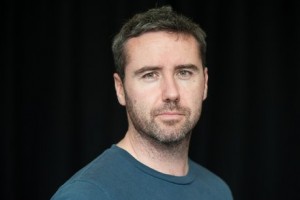
What was your initial connection to Othello? Had you studied it at school?
I was completely ignorant. Despite an English Literature degree, I had never read it or seen a production. Another director (Tom Morris) suggested we tackled it, so I read the play and it fascinated me. At the time my then co director Steven Hoggett and I were reading Dark Heart by Nick Davies and were looking for a way of making a show that would capture the anger and deprivation of the UK subculture it depicted. After a while I realised that Othello was a way of doing this. It took a while to convince Steven but the more we talked about it the more the characters came alive in our racially tense UK setting.
How has the current production changed from the 2008 one?
Nearly everything has changed. I made The Believers earlier in the year and decided then that I would not rely on any of the old crutches that make you feel safe and predictable. It struck me that I had to do the same for Othello, for my own sanity as much as anything. It meant that I had to test and find everything again. I think the current version is textually clearer and emotionally darker, with new choreography.
Which aspects of the text lent themselves most easily to a physical theatre performance, and which presented the biggest challenges?
A lot of the physical choreography replaces exposition. Some of it enforces the violence of the world of our setting. Some of it is an attempt to get deeper into the mind of the characters – the pain and paranoia of Iago and Othello, the drunken confusion of Cassio. These are moments in the play that we have exploded. The hardest part of the transposition was how we get a handkerchief on stage and give it an emotional weight when it seemed so incongruous to our pub world!
Much of your work utilises clever sets that aid the movement (the holes in the bed in Lovesong, the moveable walls in Othello). Is it always a conscious decision to choreograph your set as well as your dancers?
It is. I never want our actors to merely perform in front of a set. I want a set to reflect the inner thoughts of the characters. That desire is matched by Othello designer Laura Hopkins. When she first presented her brilliant design she showed us all these moving walls and then made us promise we would not just use them for scene changes! This was the perfect invitation. The walls are in turns claustrophobic, murderous, complicit and exposing.
Do you have any favourite lines from Othello?
Not so much a line but Emilia’s speech about men and women. She nails sexual politics with a simplicity, clarity and honesty that I have not heard before or since. We could all do with listening to that speech a bit more.
Is Othello, for you, a pitiable tragic hero or an irredeemable murderer?
I think it’s important to approach Othello with neither of these conclusions in your mind. I think he is flawed, but we have romanced many of Shakespeare’s characters and somehow daubed them with notions of perfection and true love and nobility. I don’t believe in any of this. What makes them interesting and so relevant is their flaws. I would never use the term tragic hero, but he is pitiable because of his human frailty. As is Iago because I believe he’s propelled by pain. The genius of the text is that we find empathy with Othello; we do because he is human. It struck me as a domestic play dressed as a history play, that’s why I felt passionately that it would work in a near contemporary setting. We have not changed in 400 years and we will not in the next 400!
Did the lyrical language instruct the movement or did the movement dictate which lines were used or cut?
To be honest, I rarely thought about the language as lyrical, I just thought about it as communicative. It’s telling this very human story in this beautifully rich way; I tried not to let what was cut or kept be led by the poetry, but by the story. Sometimes we could tell great swathes of the story through movement and that would seem an exciting and economical choice. At other times it was clear that nothing could tell the story as well as those wonderful words.
At what point did you decide to use Hybrid and what made their music fit so well?
Really early on. Hybrid have been a massive inspiration for Frantic Assembly. Our instinct was always that we should use Hybrid. As their name suggests, they use two seemingly incompatible forms and blend them together: beautiful and swooping orchestral sounds mixed up with really weighty beats. It struck Steven and I that that was exactly what we wanted to do with Othello. We did not want movement to bury the language, but to complement it.
The latter parts of Othello seem to feature less dance than the former. Was that a conscious decision?
I think the latter half of the play ratchets up a tension where the tiniest move could have the direst consequences. To suddenly be making great expressive gestures might shatter this tension. That said, so much of what you’re seeing in those final moments is choreographed. It just does not look like “dance”. It is highly considered and finely tuned movement designed to create maximum tension. I don’t look at these moments differently. Obviously you get to these points through very different routes but ultimately it’s all about the stories our bodies are telling.
Have you gauged notably different reactions in the various places you’ve taken Othello to?
There’s an extraordinary moment in most evenings where the houselights drop out to signify the start of the show and huge excited screams fill the auditorium. It’s like the start of a gig! And this is for a play by a writer who writes in verse and died 400 years ago. I think that’s special. It’s not just testament to the play but to our young audiences. I get very frustrated at the accusations that young people require everything to be dumbed down, or that they lack empathy. I think they just need it to be alive and full of relevance – something I think Shakespeare has in spades.
Laura Foulger
Othello is on at Lyric Hammersmith until 7th February 2015, for further information about Frantic Assembly and future events visit here.
Read our review of Othello here.

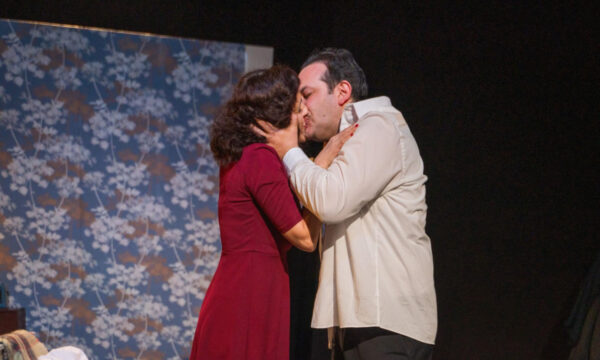
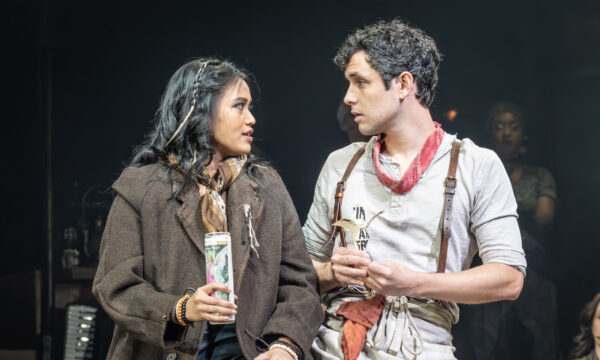
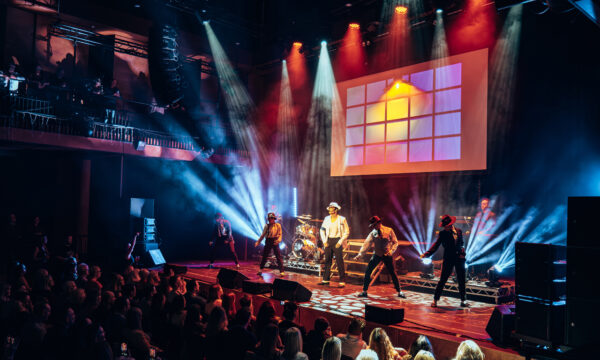
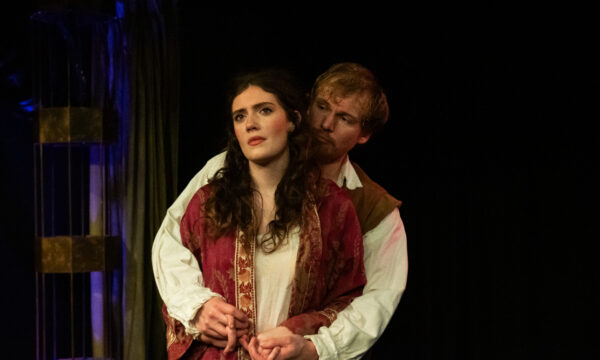
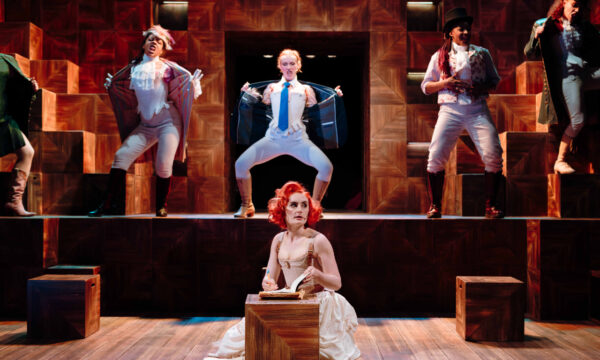
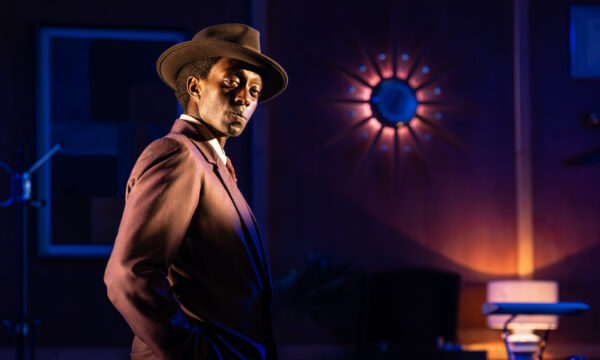
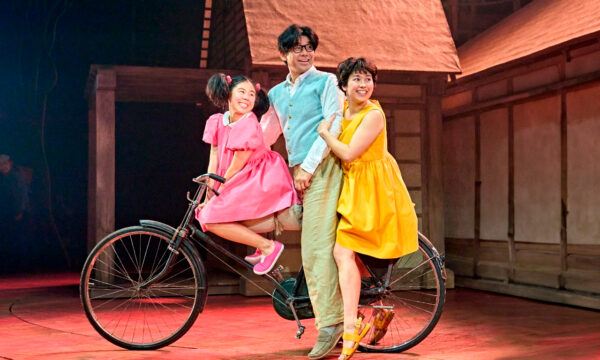

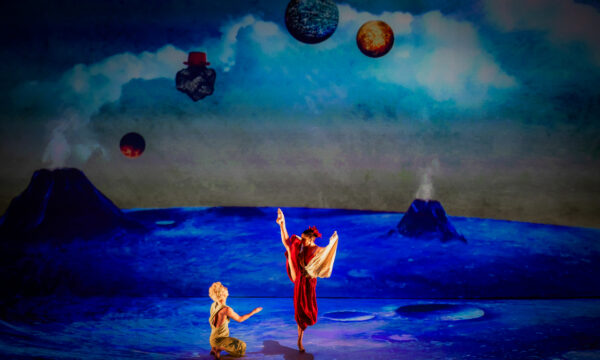











Facebook
Twitter
Instagram
YouTube
RSS